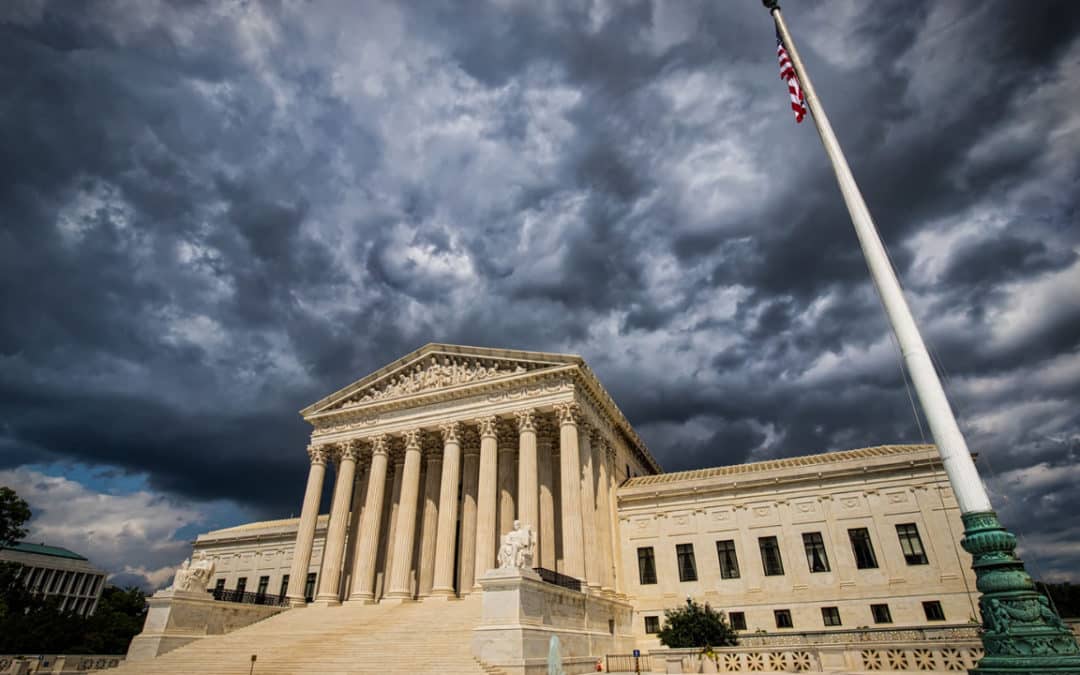
Judiciary


Five Years Later Supreme Court Decision Still Hasn’t Significantly Limited Asset Forfeiture
Many people believe the Supreme Court “ended asset forfeiture” with its 2019 opinion in Timbs v. Indiana. As we argued at the time, Timbs ended nothing, and follow-up cases bear this out. This underscores an important reality. We can’t rely on federal...
Federal Power Outside the Constitution?
If you have read my Epoch Times series, “How the Supreme Court Rewrote the Constitution,” you know that the justices have stretched some of the Constitution’s terms greatly to support the federal government’s unlimited hunger for power. Among the victims of this...
The Supreme Court’s New Decision on “Taking Property”
In the next few weeks, the Supreme Court will be finishing up its October Term. The term gets its name from the fact that it begins Oct. 1. The next few columns will unpack some of the court’s most important decisions. I will be focusing mostly (although not entirely)...
Federal Farmer: Will the Judiciary Preserve or Destroy Liberty?
While many anti-federalists, including Patrick Henry, regarded the judicial branch of the federal government under the proposed U.S. Constitution with deep suspicion, the Federal Farmer took a more moderate, albeit guarded stance. In his fifteenth letter dated Jan....
